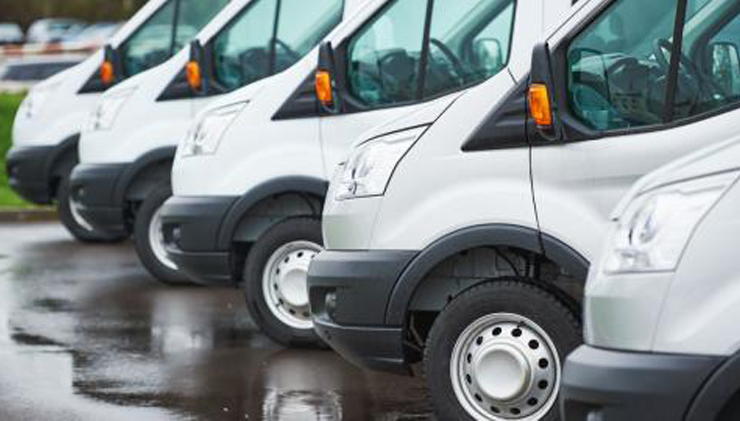 How RSUs Can Impact Work Comp Premiums
How RSUs Can Impact Work Comp PremiumsGroceries and gas aren’t the only things getting more expensive. Insurance rates have been trending upward as well. Although premiums have been rising in multiple lines and across the country, property insurance coverage in wildfire-prone regions of California are seeing especially steep increases.
How Much Are Rates Rising?
According to MarketScout, national insurance rates for personal lines increased by 5.16% in the second quarter of 2022. Auto insurance rates were only up 3.7%. For homes with values under $1,000,000, homeowners insurance rates were up 5%, while homes with values over $1,000,000 saw steeper average rate increases of 7.3%.
However, these average rate increases are not what everyone is experiencing. In areas affected by catastrophe perils – namely Florida and California – policyholders are being hit with significantly higher rate hikes – sometimes even double or triple the amount they paid the year prior.
The Impact of California Wildfires
According to CAL FIRE, the 2020 wildfire season was the largest in California’s modern history. There were nearly 10,000 fires, and more than 4 million acres burned. That’s more than 4% of the land in the state.
The 2021 wildfire season didn’t offer much relief. CAL FIRE says that there were 8,835 fires. More than 2.5 million acres burned, and 3,629 structures were damaged or destroyed. According to the California Air Resources Board, climate change is making wildfires both more frequent and more severe.
California is experiencing a wildfire crisis. It’s also experiencing an insurance crisis. According to CalMatters, millions of homeowners in fire-prone areas are facing skyrocketing insurance costs, sometimes double or triple the previous rates. Some property owners are having trouble finding coverage as insurers grow increasingly reluctant to renew policies.
The Insurance Moratorium
To protect homeowners, the California Department of Insurance has imposed a one-year moratorium on the cancellation or non-renewal of residential insurance policies in areas that are within or adjacent to a fire perimeter after a declared state of emergency.
If you are in a ZIP code that is covered by the moratorium, your insurance company will not be able to cancel or decline to renew your coverage for one year after the date of the emergency declaration.
Auto Insurance Rates
Auto insurance rate hikes haven’t been as steep, but premiums are rising. Inflation and supply chain issues have been affecting repair costs, and the resulting impact on claims has increased insurance premiums.
Fatal crashes have also been on the rise. The NHTSA says that there were 42,915 traffic fatalities in 2020. This represents a 10.5% increase compared to 2020, and it is the highest fatality rate in 16 years.
Securing the Protection You Need
The current market conditions are making it more challenging to secure affordable coverage.
- Rates are increasing. If your policy is up for renewal, the odds are high that you will see a rate increase. Consider working with a broker to shop around for the best coverage.
- Check your limits. If your house is destroyed in a fire, you’ll want enough coverage to rebuild. Construction costs have been surging, so the cost to rebuild is also increasing. Check your policy to make sure your limits are high enough and that you have coverage for the replacement cost value. Vehicle repair costs are also increasing, so check your auto insurance limits, too.
- Make improvements to reduce your property’s fire risk. One of the most important things you can do is to create a defensible space, or a buffer zone between your house and the plants that can serve as fuel during a fire. CAL FIRE has more information on creating a defensible space, and the USDA has other tips on reducing your home’s wildfire risk.
- Drive safely. Avoiding tickets and crashes is the best way to keep your auto insurance rates low. If you are a safe or low-mileage driver, you may be able to save money with usage-based insurance options.
- If you receive a notice of non-renewal, check to see if you are covered by the insurance moratorium. If you’re not covered by the moratorium and your insurer decides not to renew, there are other options to consider. This includes the FAIR Plan, which provides basic fire insurance coverage to high-risk properties that cannot secure coverage from traditional insurance companies.
Do you need help navigating your personal insurance options? We can help you get the coverage you need, including property insurance for primary and secondary homes, watercraft insurance, excess liability coverage, insurance for private collections and more. Learn more.



